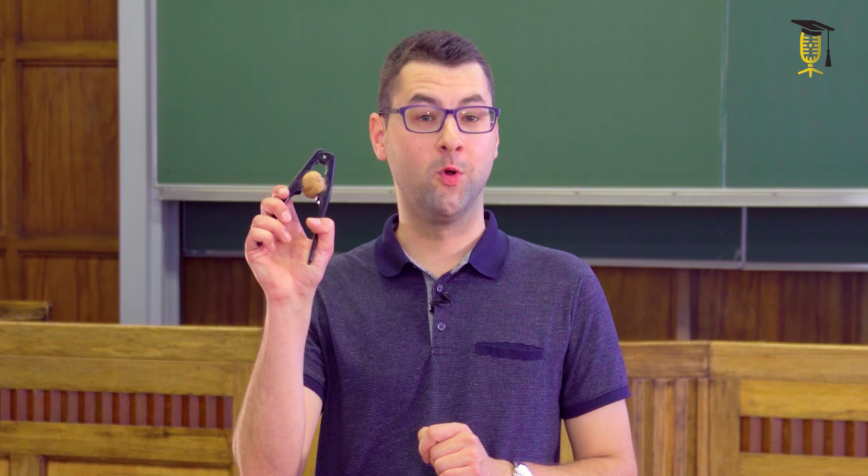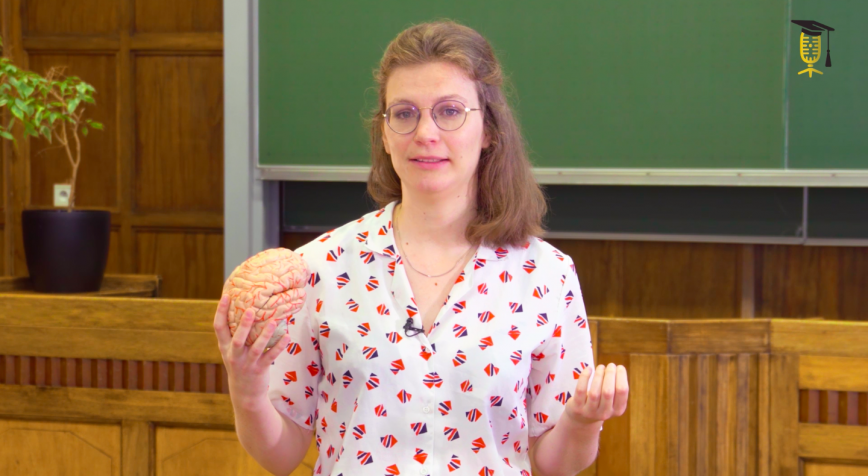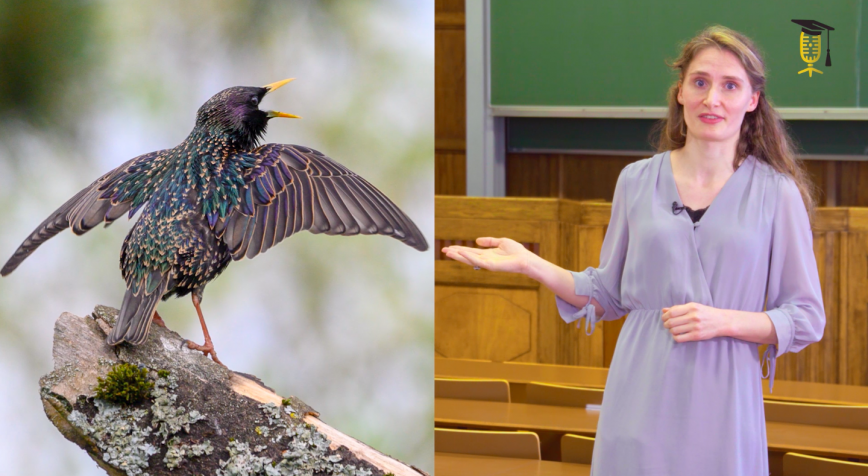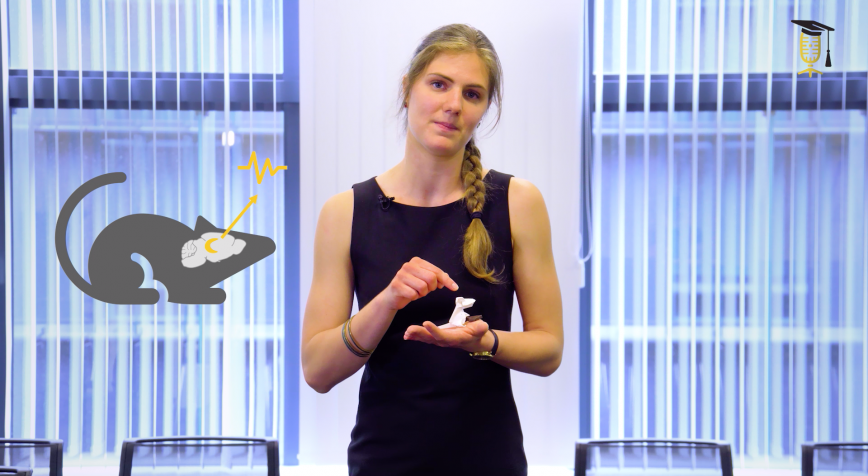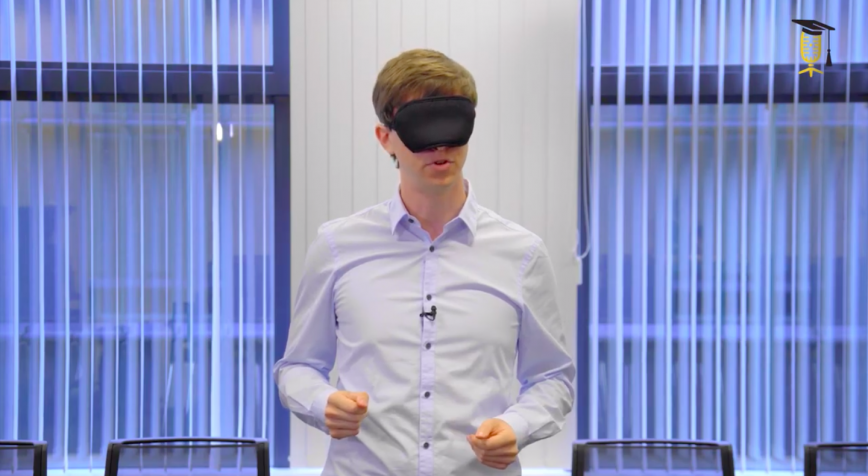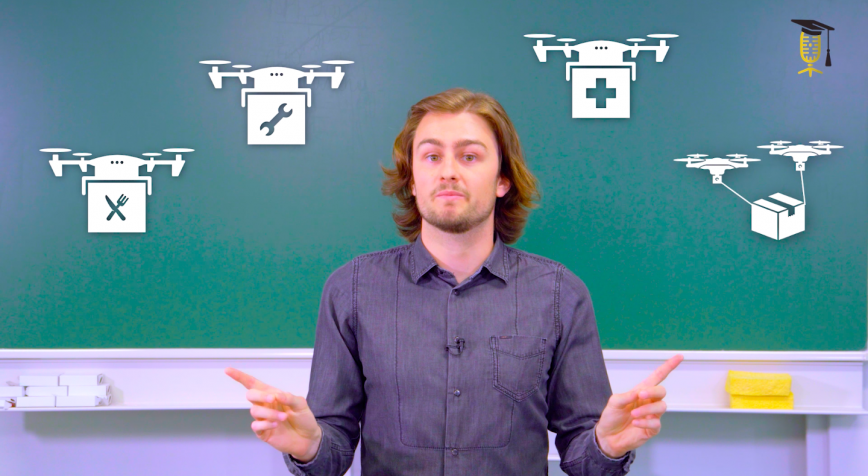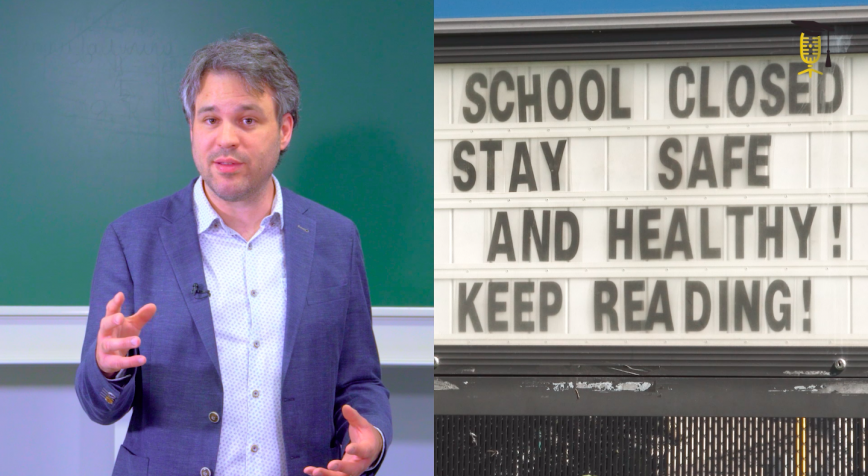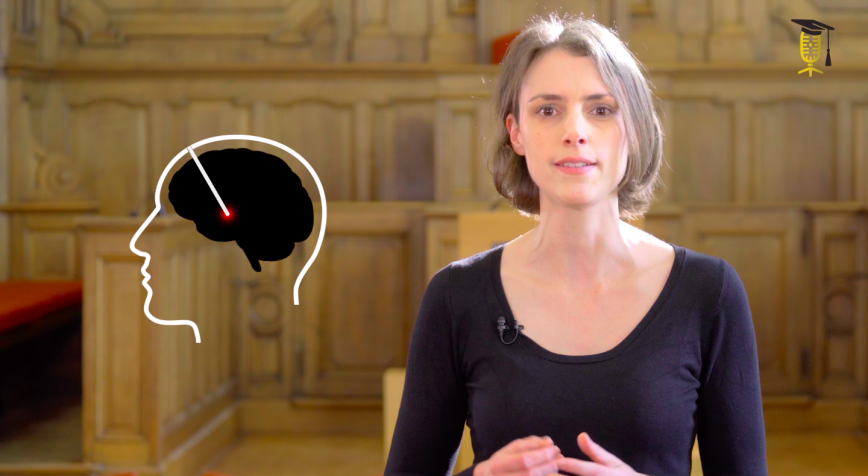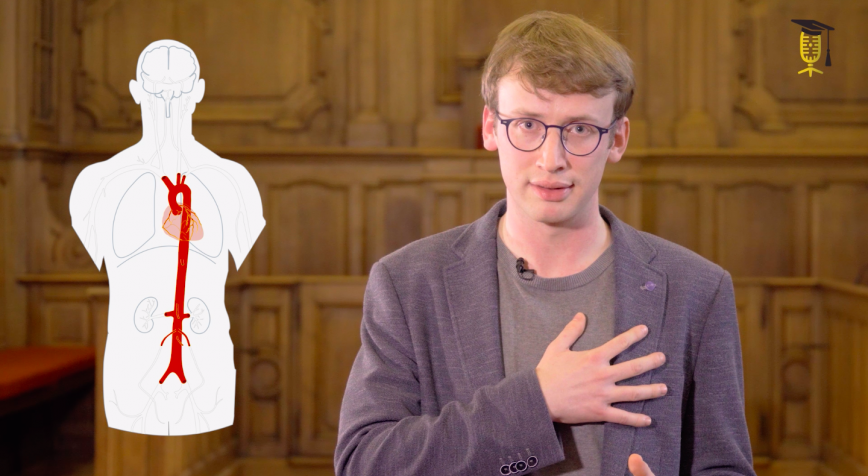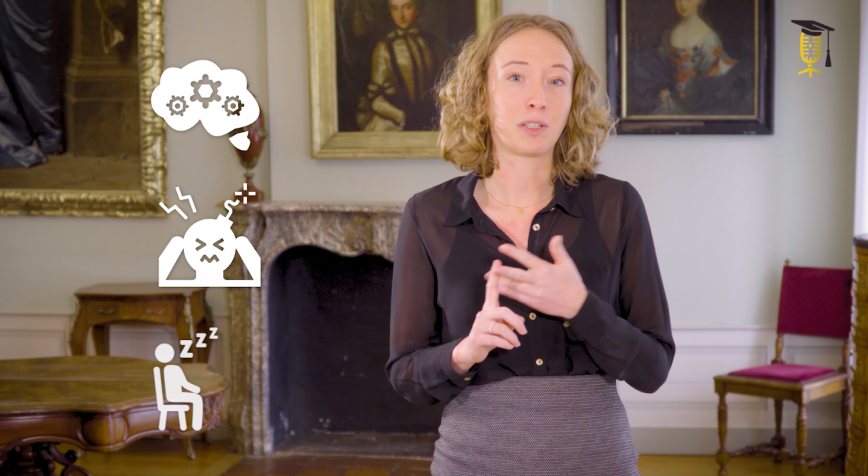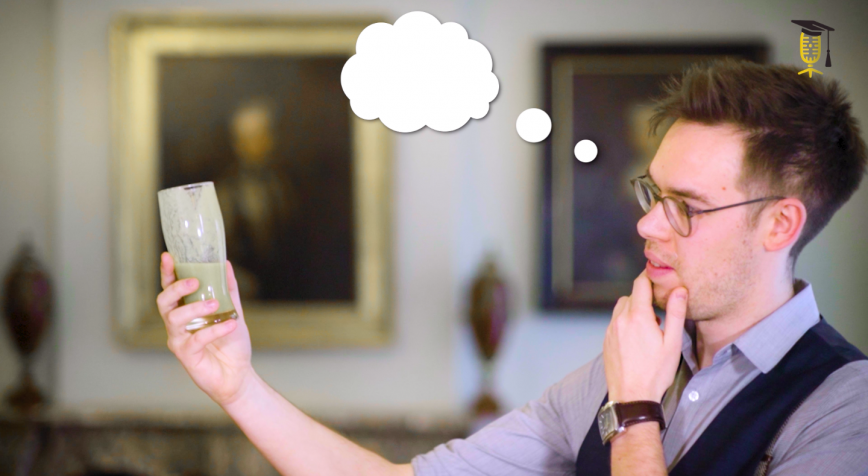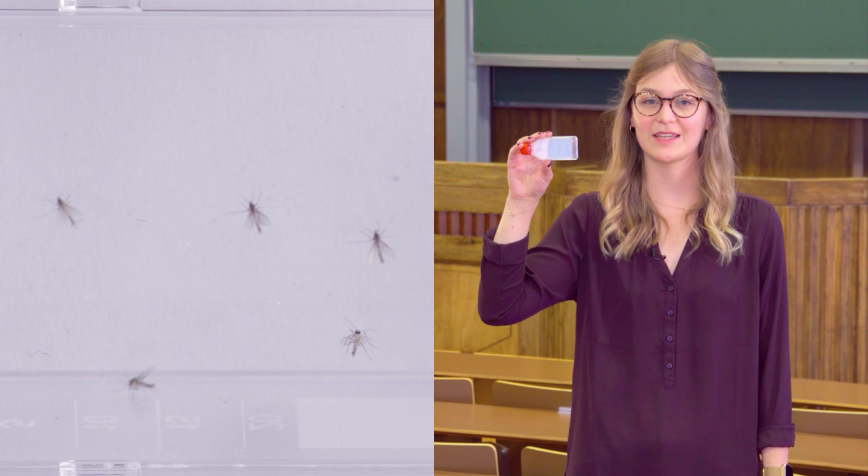
FWO
UAntwerpen
Playing hide and seek with parasites
Ever heard of a sand fly? If this small fly stings you, you can catch the serious, tropical disease Leishmaniasis. This disease is not easy to combat, because the parasites are masters at hiding in your body. Luckily Laura Dirkx (UAntwerp) has a trick up her sleeve to trace them
